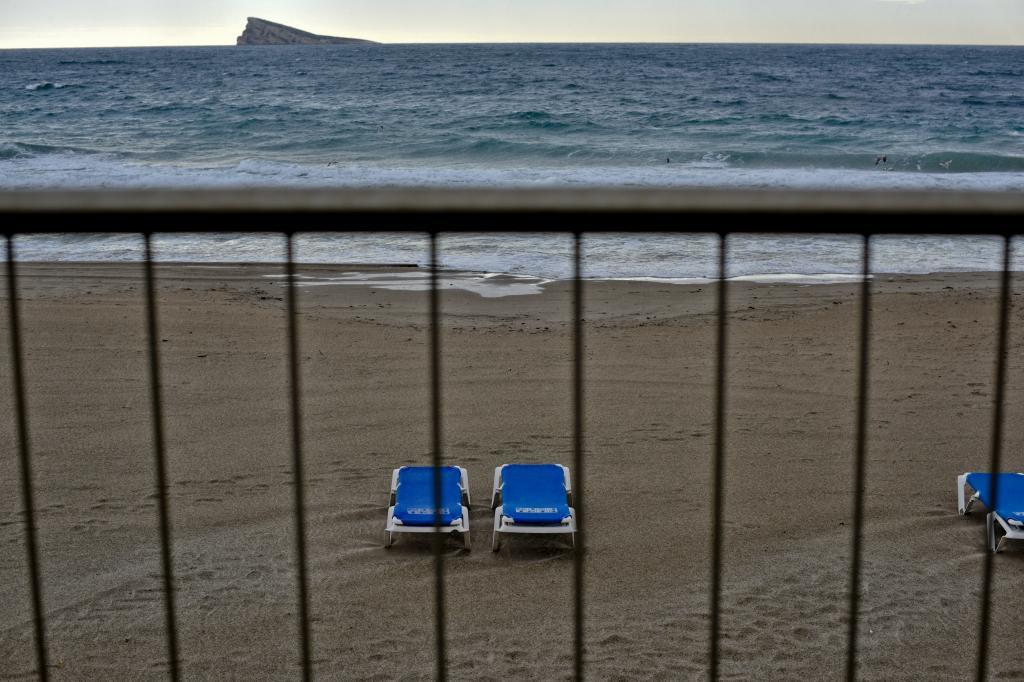
Spain, among the 80% of passes in the world to which the United States recommends not to travel
Updated Wednesday,
21
April
2021
–
13:01
In addition to the health crisis, the US State Department warns of the possibility of attacks or riots

The United States Department of State has updated its ‘Do Not Travel’ list from which it recommends its citizens to travel with caution or even not to travel to various parts of the world. Now 80% of all passes on the planet appear with a Level 4 riskwhich is the one that states that it is best not to travel. Spain is on this list, which also warns of the danger of terrorism and unrest.
Although the list does not have the power to prohibit travel, the recommendation may be key a few months before a summer campaign begins that should be the beginning of economic recovery in a very affected sector and that is already pending the goal of vaccinating 70% of the population.
So far the list consisted of 34 countries, but the update has increased by almost 100 this figure, which stays at 134 and includes passes from our surroundings such as Portugal, France, Greece, Italy or the United Kingdom. There are also a large number of destinations – including Belgium or Croatia – at Level 3 (which advocates rethinking travel) or 2-Samoa or Fiji – (which calls for greater caution). In Level 1 of normal precautions only a select few appear, such as New Zealand.
In the case of Spain, the State Department recommends citizens “not to travel to Spain for Covid-19”. It also urges them to be “more careful” about “terrorism and civil unrest”. Also remember that U.S. citizens may encounter restrictions on their entry.
“Terrorist groups continue plotting possible attacks in Spain, ” they warn. “Terrorists may attack with little or no warning and target tourist sites, transportation hubs, markets or malls, government buildings, hotels, nightclubs, restaurants, places of worship, parks, cultural or sporting events, educational institutions, airports and other public spaces.”
They also explain that demonstrations “are common” and can occur “in response to political or economic issues, at politically significant parties and during international events.”
According to the criteria of
The Trust Projectslearn more
















